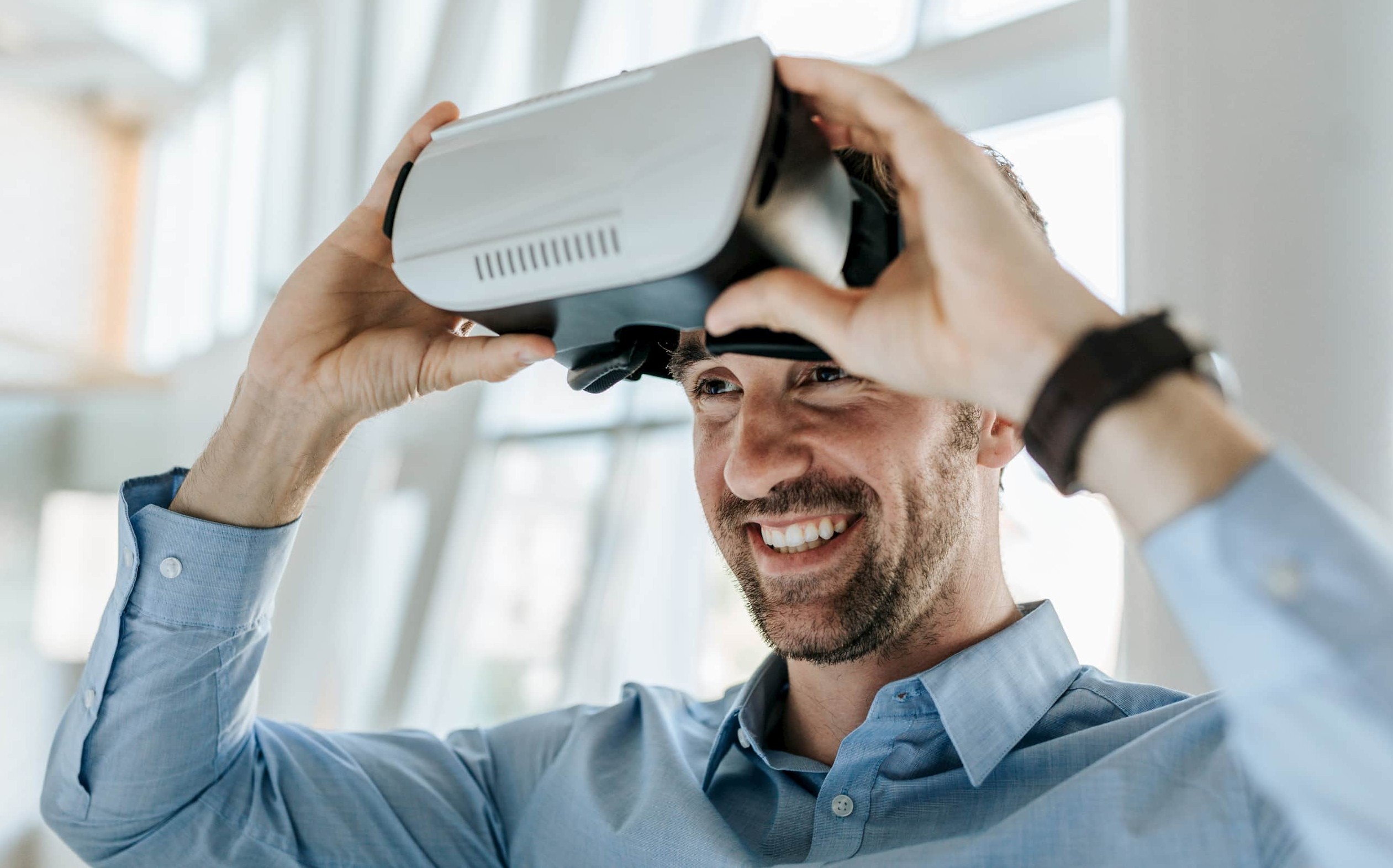From augmented reality to video marketing to personalisation – B2B marketing is increasingly reacting to the digital revolution. We have been able to identify many new trends for 2019. The most significant developments are sketched out for you here.

Top 7 B2B marketing trends:
Personalisation
Personalised marketing is playing an increasingly bigger role in B2B marketing. Testing websites, segmenting B2B buyers and offering tailored experiences for each customer have become important components of the marketing strategy. Artificial intelligence (AI) is making a significant contribution to this – either in the form of individual incentives, product recommendations or fast, intelligent interactions with chat bots.
Community building
Social media is becoming more and more important for community building among B2B enterprises. The Liebherr group, for instance, has asked friends all over the world to post their favourite pictures of cranes via an app to a community especially created for this purpose. The fact that the dialogue with customers works in the B2B sector can also be seen in the English-language Facebook page from Lufthansa Cargo: it already has 170,000 friends.
Video marketing
Live video streaming on Facebook, Google Hangouts, Instagram, YouTube and Periscope from Twitter are on the rise in many B2B enterprises. The consumption of videos on mobile devices has been steadily climbing worldwide and is playing an ever bigger role in B2B marketing strategies.
Programmatic advertising
In 2019, programmatic advertising in the form of B2B marketing was particularly in high demand. Based on the data provided, advertising banners or TV ads were tailored to the user and shown. The customisation of banners took place via an auction process. After checking the relevance of the advertiser’s campaign to the user, the highest bidder won and could show the banner.
Augmented reality
Many customers demand more than just the ability to order when it comes to online shops – they would like to view the real dimensions of a product, for instance. IKEA and Amazon are exemplary in this respect for the B2C sector. Special apps enable the customer to view the products in the desired variant before purchasing and place it in a real space virtually. At the same time, in the B2B sector, the option is now available to leverage software-controlled augmented reality to make huge, complex machine facilities possible for the customer to walk through – even on the inside. The times when such monstrous machines had to be erected at trade shows or in showrooms are now over.
Machine learning
Machine learning is taking off – also in B2B marketing. It helps marketing experts to understand customers and their interests, personalities and online habits, as well as additional factors, more in-depth. Machine learning collects and analyses user data to create the optimal conditions for hyper targeting and personalised marketing – making the targeting of potential customers no longer a guessing game. The potential from machine learning and AI goes far beyond what we could ever currently imagine.
Voice search
Voice search continues to be a hot trend. For Amazon’s Alexa assistant, there are more than 50,000 voice services, so-called skills. The skills are fundamentally changing the way in which B2B buyers are searching on search engines. And they have the potential to massively gain in importance. Google forecasts that more than 50 per cent of all searches will be performed as voice searches by 2020.
B2B online marketing trends: customer first
A lot is in motion in online marketing, with numerous approaches allowing enterprises to take their promotions further in a targeted manner. Especially in B2B marketing is the canvassing of customers more personal and intensive than in many other areas.
Important when it comes to all measures is that customers, with all their questions and needs, are at the centre of everything – and not the enterprise’s product or functions.
